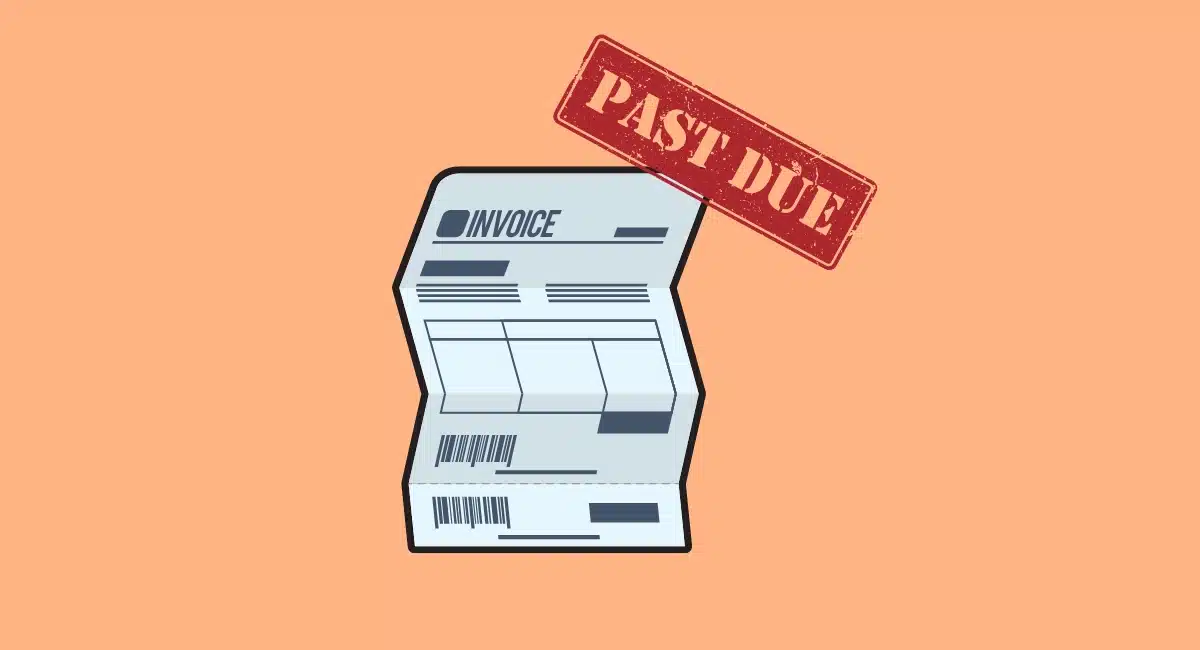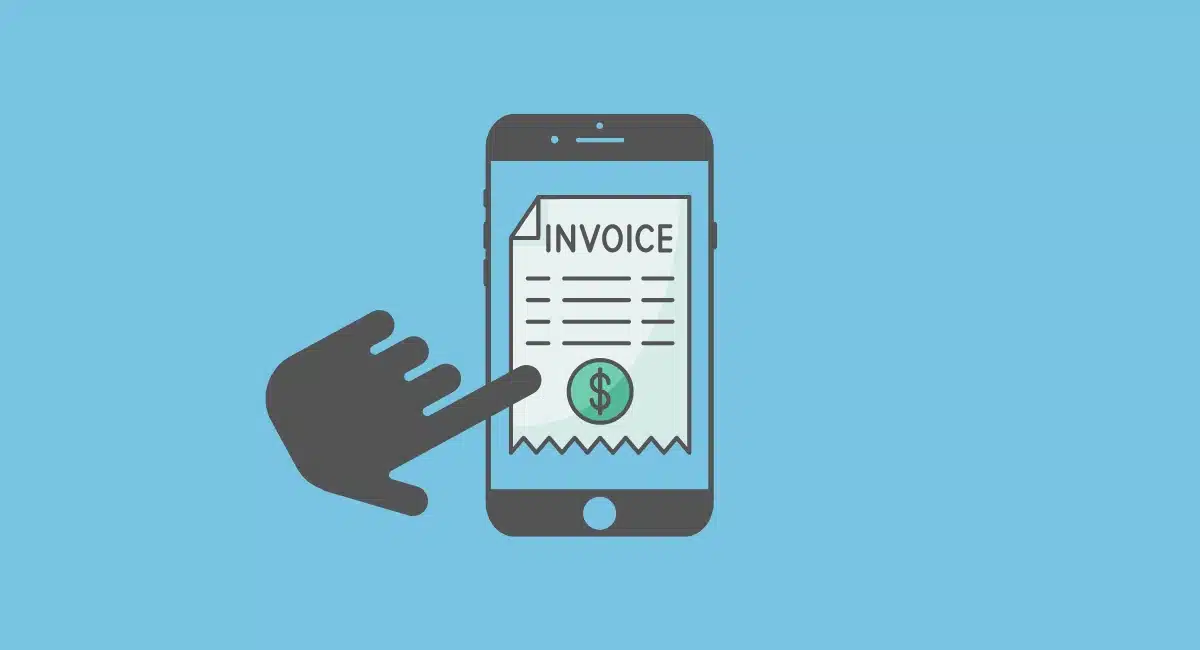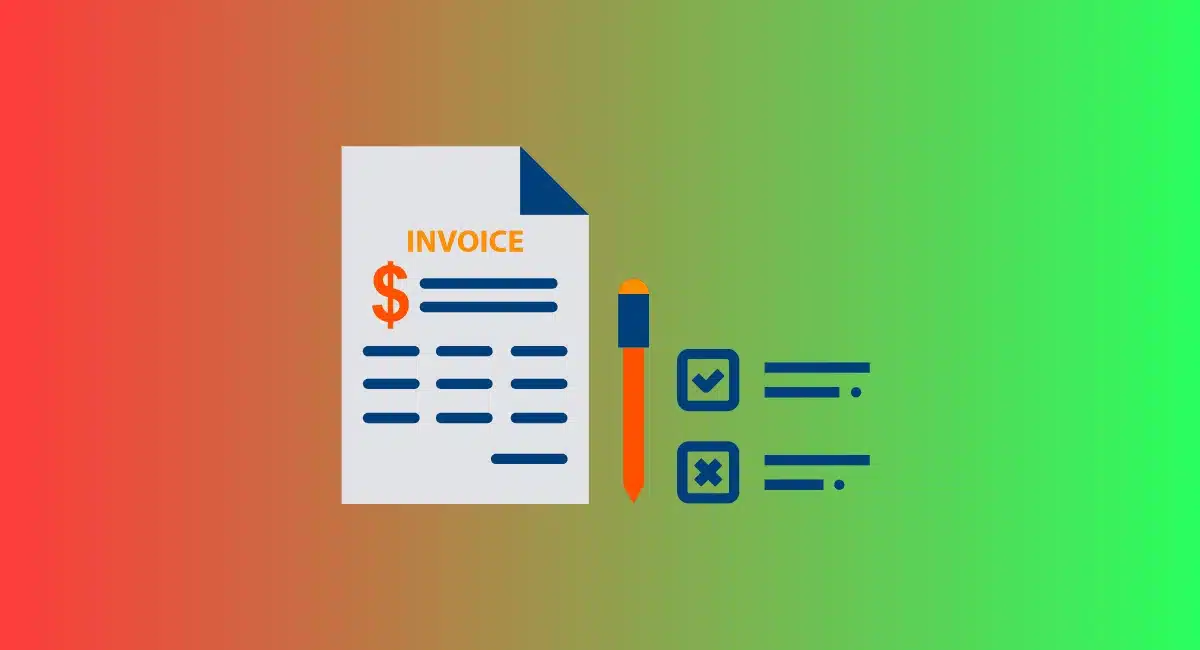Unfortunately, clients failing to pay their invoices on time is something that all business owners likely have to experience at least once. For any small enterprise and freelancers alike, this situation can naturally come as quite the setback, causing undue stress and potentially even jeopardising your business’ overall health.
After all, cash flow and a strict payment schedule ultimately keep the wheels turning and allow you to take more considerable risks for your business, so it’s pretty imperative for it to be addressed and promptly dealt with.
Aside from a ripple of unpaid bills, failure to recover an outstanding invoice can actually cause a cascading effect that can snowball rapidly. Fortunately, there are debt recovery options available to mitigate this.
Clear payment terms and conditions
Ultimately, prevention is always going to be better than finding a cure, so what can you do to avoid this type of situation entirely?
Firstly, establishing a specific payment plan or payment terms and conditions in your contracts can be a relatively effective way of reducing the risk of non-payment.
Whenever you’re entering into a new agreement with a client, regardless of the reputation, try to ensure that all terms regarding payments are outlined in the most explicit terms – leaving no room for ambiguity.
In essence, having these terms in writing will generally make it a lot easier to enforce your rights should a client fail to meet any of their obligations (for B2B payments strictly, this will also be backed by ACL).
Specify things like the due date, what payment methods you can accept, and if you’ll charge any late payment penalties or interest charges should they go over the agreed date.
Though this should minimise the amount of cash flow issues and help you collect money owed further down the line, what can be done if you’re already struggling with an unpaid invoice?
Sending reminders
Following a short period of time after your deadline, it’s best to start things off diplomatically and send a helpful reminder. Oftentimes, late payments can just be basic oversights with no malicious intent, so calmly pointing your buyers in the right direction might be all that’s necessary.
Start with a gentle nudge shortly after the due date followed by any subsequent reminders at predetermined intervals. All further reminders should be slightly more assertive than the last, reflecting the growing urgency of the matter.
Just make sure you escalate with caution as the wrong tone can easily strain client relationships.
The majority of invoicing software comes with late payment notifications, so merchants can keep track of this in their software account.
Formal letters of demand
If a client is yet to pay your invoice within the agreed-upon timeframe, the next step should be to send a formal letter of demand/final notice. This is mainly to serve as a clear reminder for the client that their payment is overdue and has to be settled immediately.
Generally speaking, this is one of the last steps you’ll take before you should commence legal proceedings through a traditional debt collection agency, provided the buyer can’t peacefully resolve the matter.
Like when you set clear payment terms, include some of the essential details when drafting this letter, such as:
- Invoice number
- Total amount that you’re owed
- Payment due date/deadline for payment
Once you’re finished writing, simply send the letter by mail or email to ensure the client acknowledges it.
Debt collection agencies
Unfortunately, some clients may require more than a good-faith reminder to send you the money you’re owed.
As implied by the name, debt collection agencies are services that specialise in debt recovery and allow you to focus on your business rather than chasing down payments.
Of course, it’s still important to choose the right agency for your specific needs, so make sure you create a list of reputable firms and weigh up their fees and services offered to find the most appropriate choice.
Remember, hiring these services isn’t a declaration that you’ve given up on maintaining good client relationships; sometimes, it just takes a third party to get the ball rolling.
Role of the small claims court
If debt collection agencies and letters of demand still don’t change anything with the client, it may be time to escalate the matter with legal action and take it to a small claims tribunal or court.
Aside from the accessibility, small claim tribunals in Australia actually provide a relatively quick and cost effective way of handling disputes with small amounts of money, typically less than AUD 20,000.
This process usually involves submitting a claim and attending a hearing before presenting your case to a tribunal member to make a binding decision.
Though most small businesses in Australia can find some resolution here, any cases involving larger sums might need to be pursued through the court system instead, in which case you should seek legal advice.
Still, hiring a lawyer is a luxury typically reserved for larger businesses with more resources as there’s a litany of fees to pay, like court document preparation fees, court filing fees and even legal fees for attending the initial court appearance.
Naturally, these fees can quickly stack up into the thousands, making it far more cost-effective for smaller businesses to explore debt collection agencies instead.
In comparison, these services typically charge a fixed rate starting at 25-30% depending on their expertise, so this may be worth exploring before jumping over bureaucratic hurdles with court cases.
Know your rights and legal options
If you’re a less established business, the Australian Small Business and Family Enterprise Ombudsman website can help with state-specific resources for recovering debt, whether you’re in Victoria or Northern Territory.
Whenever you’re contacting another business about debt or payment recovery mechanisms, there are various legal and consumer law requirements that you must follow.
As such, it’s always worth brushing up on your rights with government resources like the Australian Competition & Consumer Commission (ACCC).
Final thoughts
While it’s essential to recover unpaid invoices, it’s equally as vital to put a few measures in place to protect your business from any future payment issues.
Whether that’s collecting payment upfront or implementing a robust invoicing system, it’s always better to be prepared than to waste time with debt collection services. Often, all you need is a simple payment reminder (or multiple) to get someone to pay.




